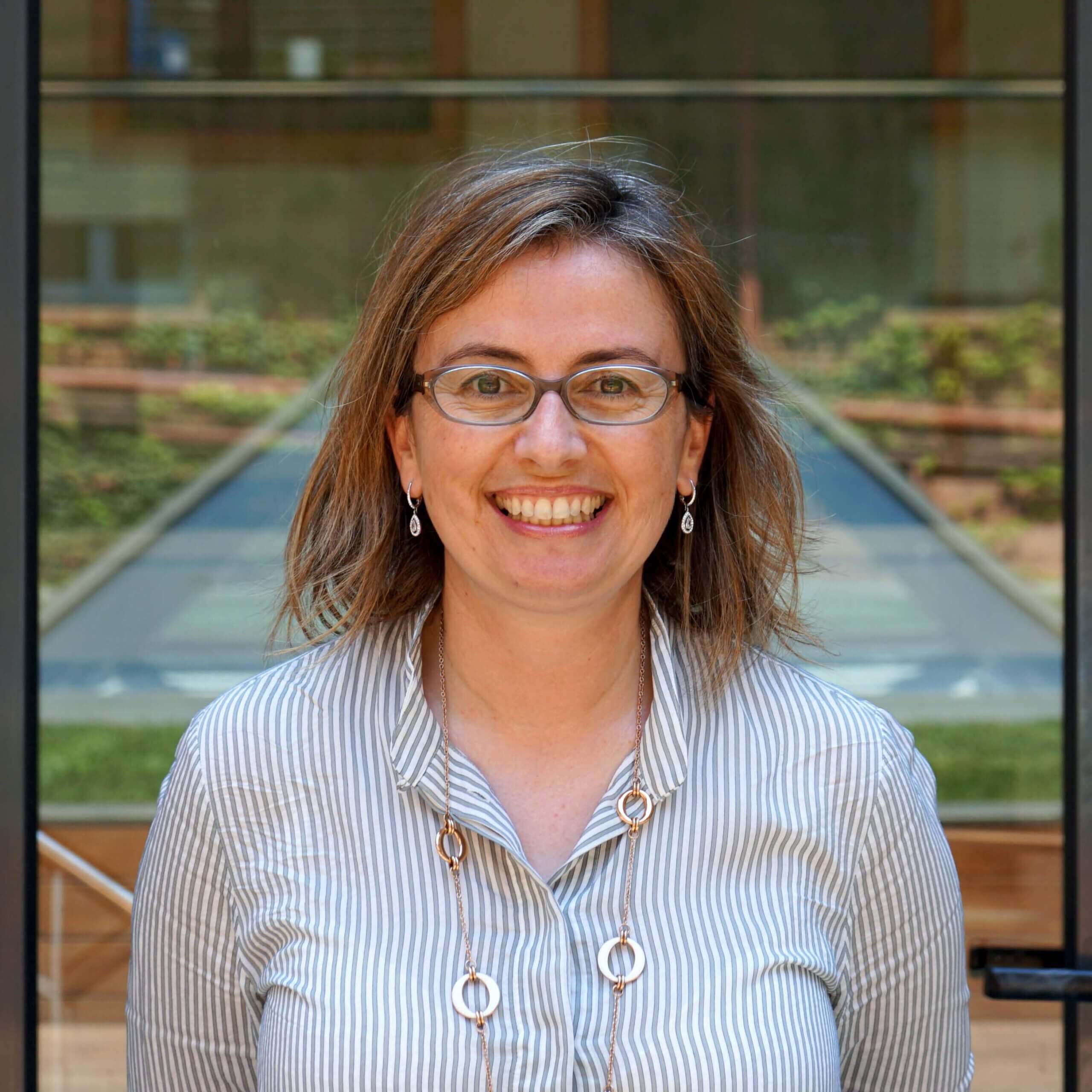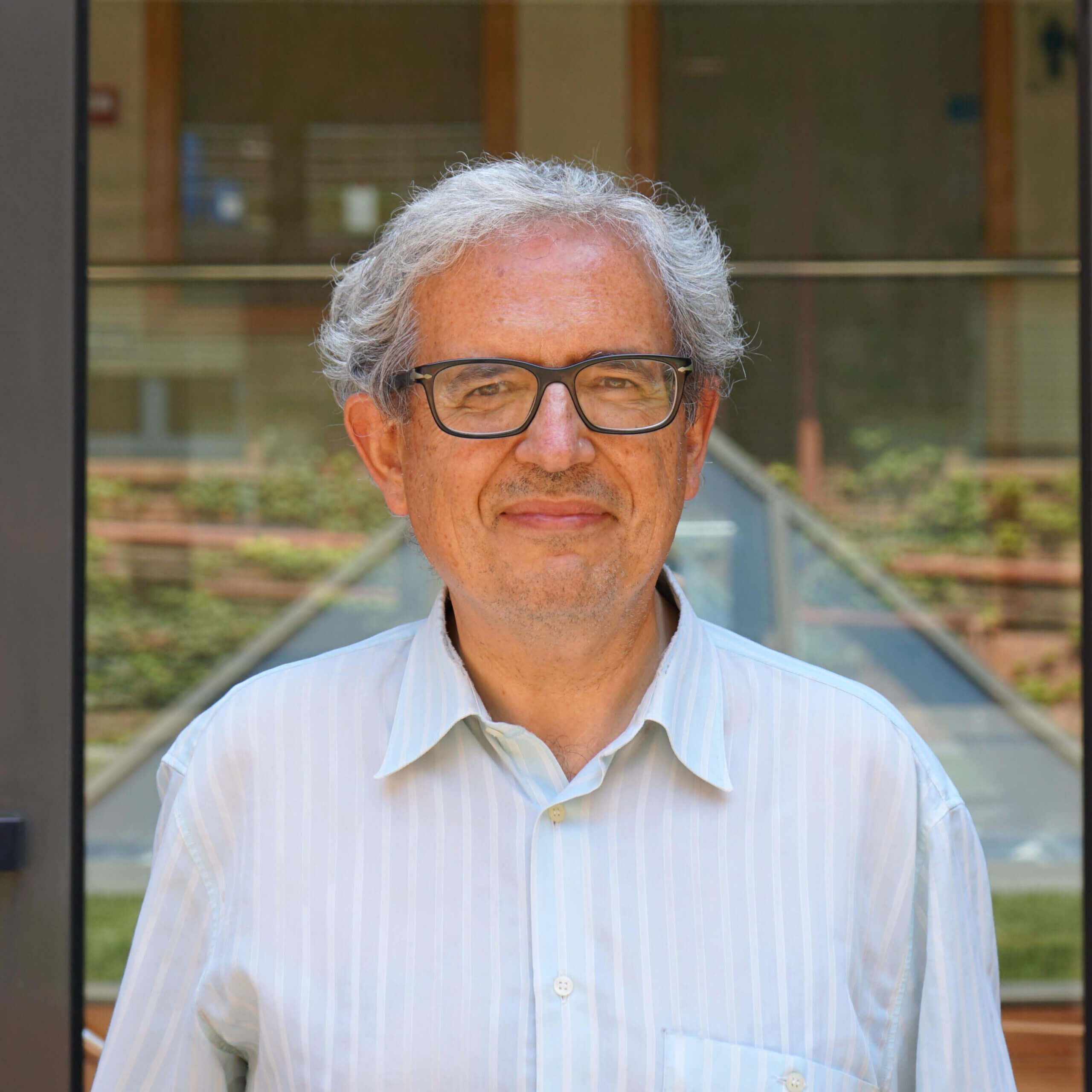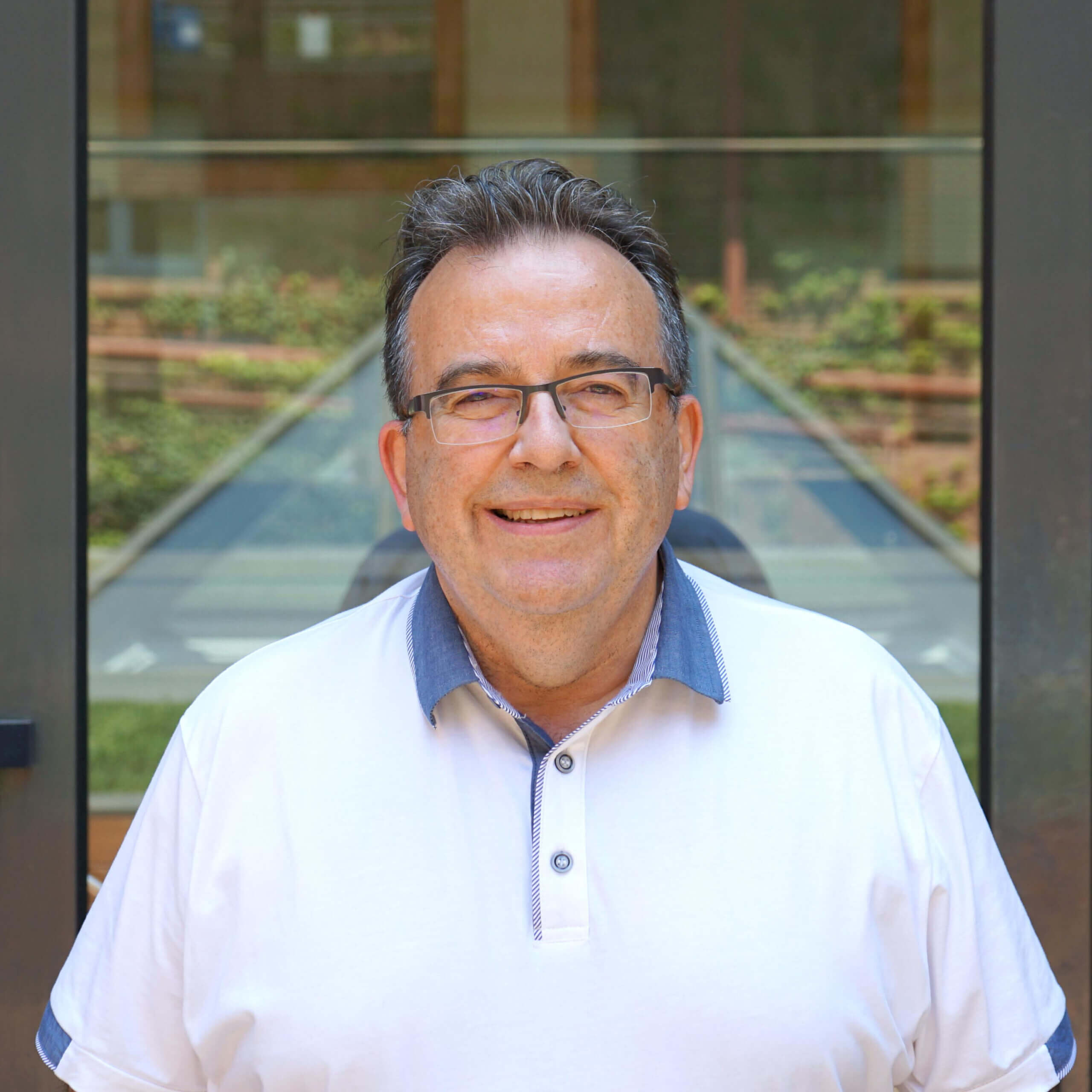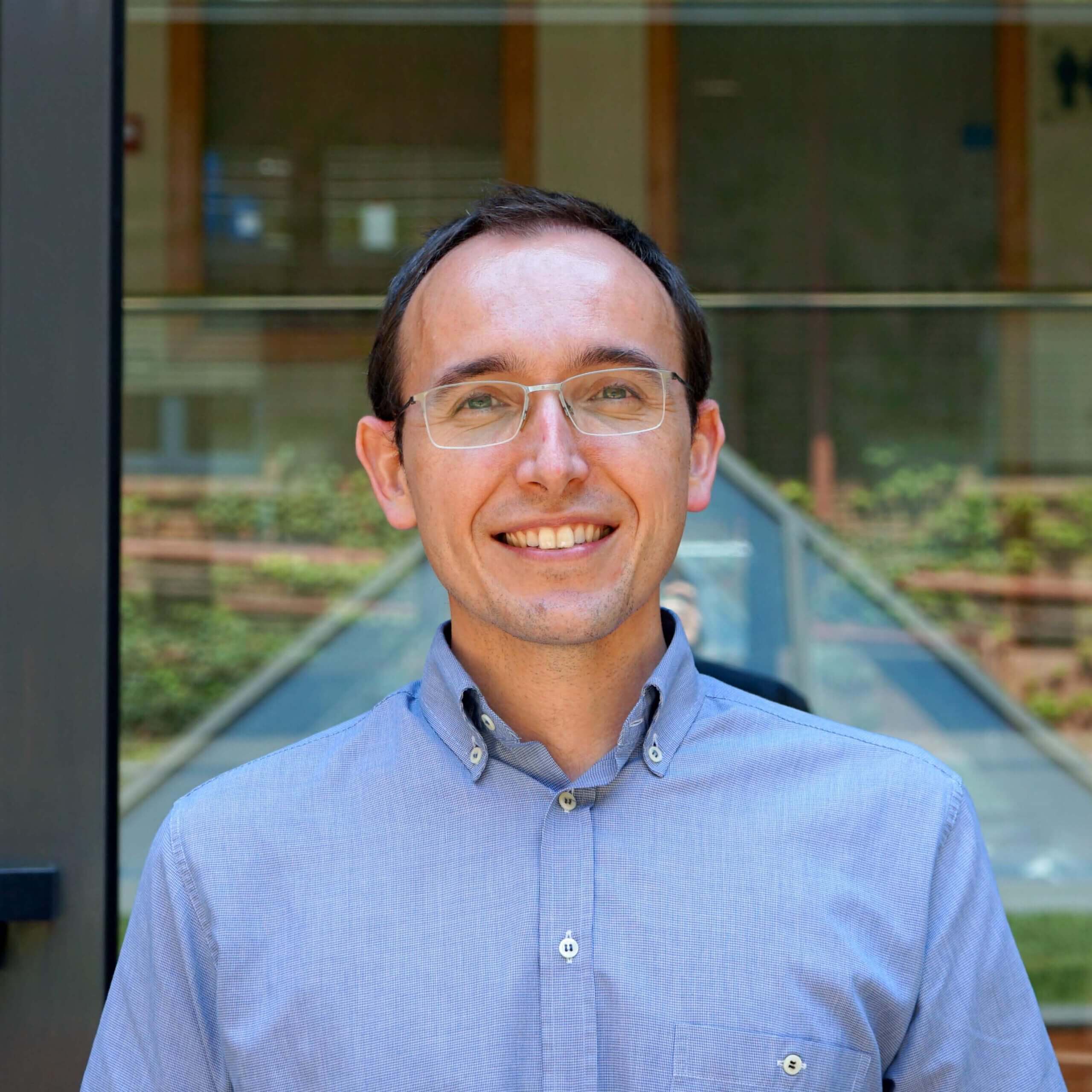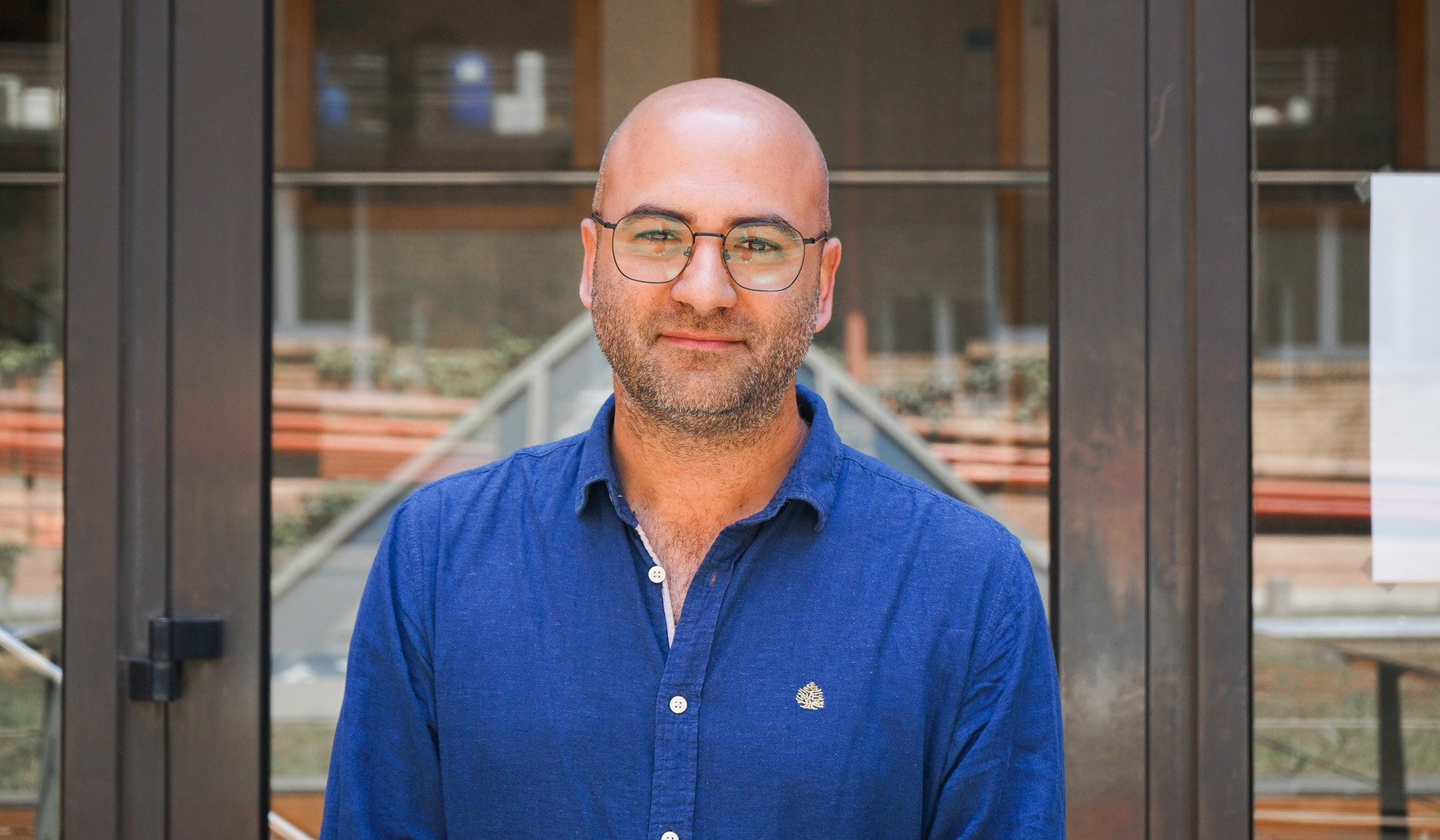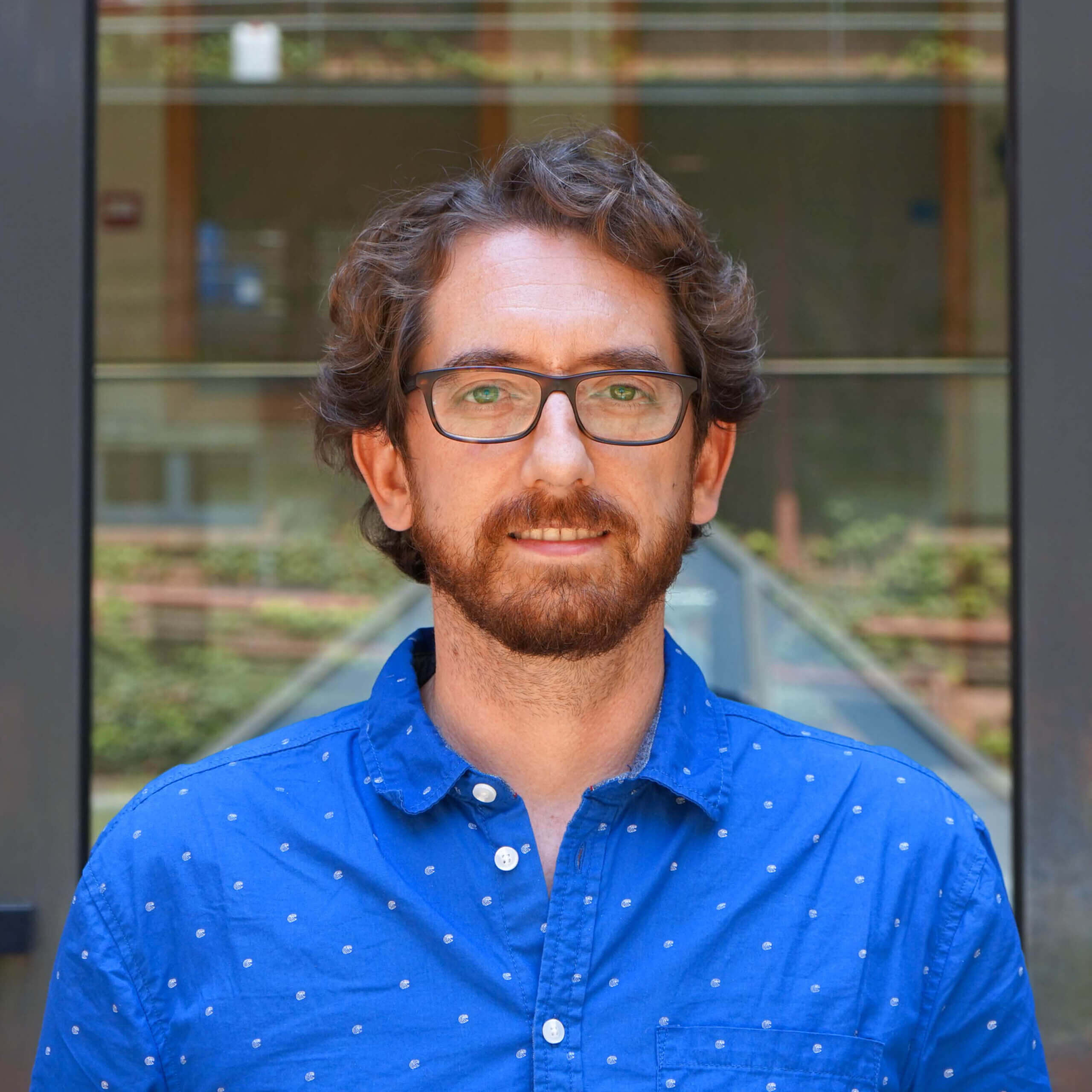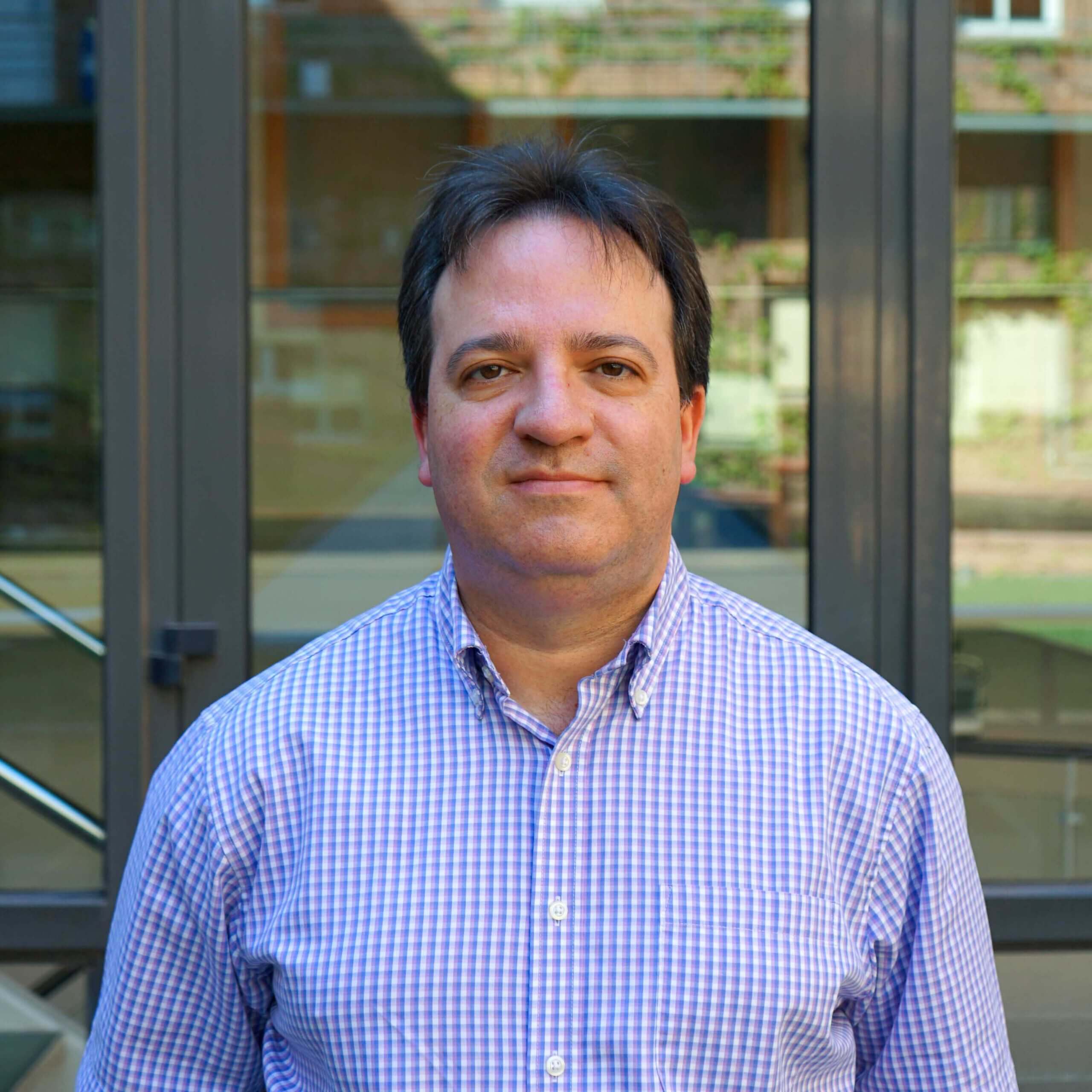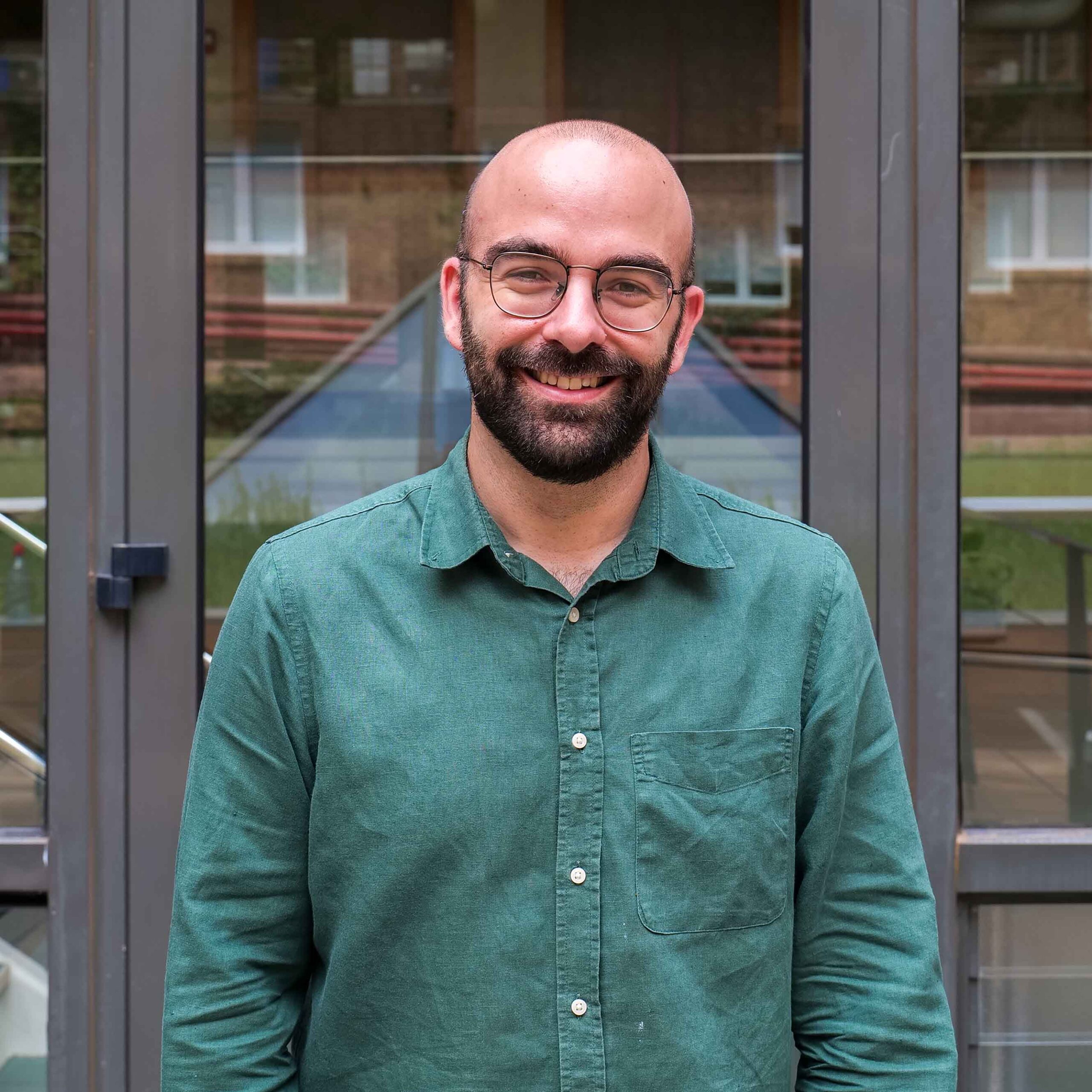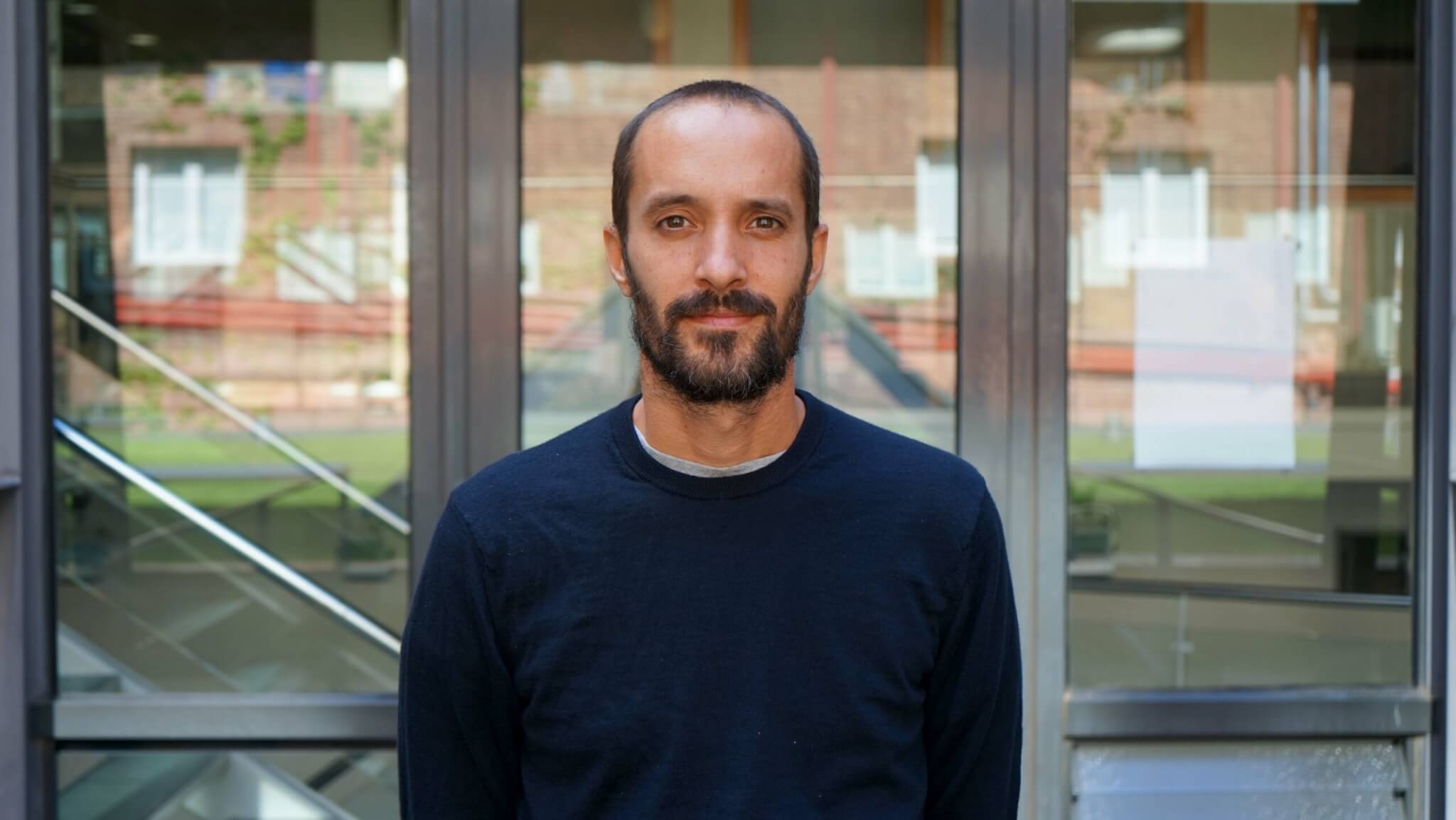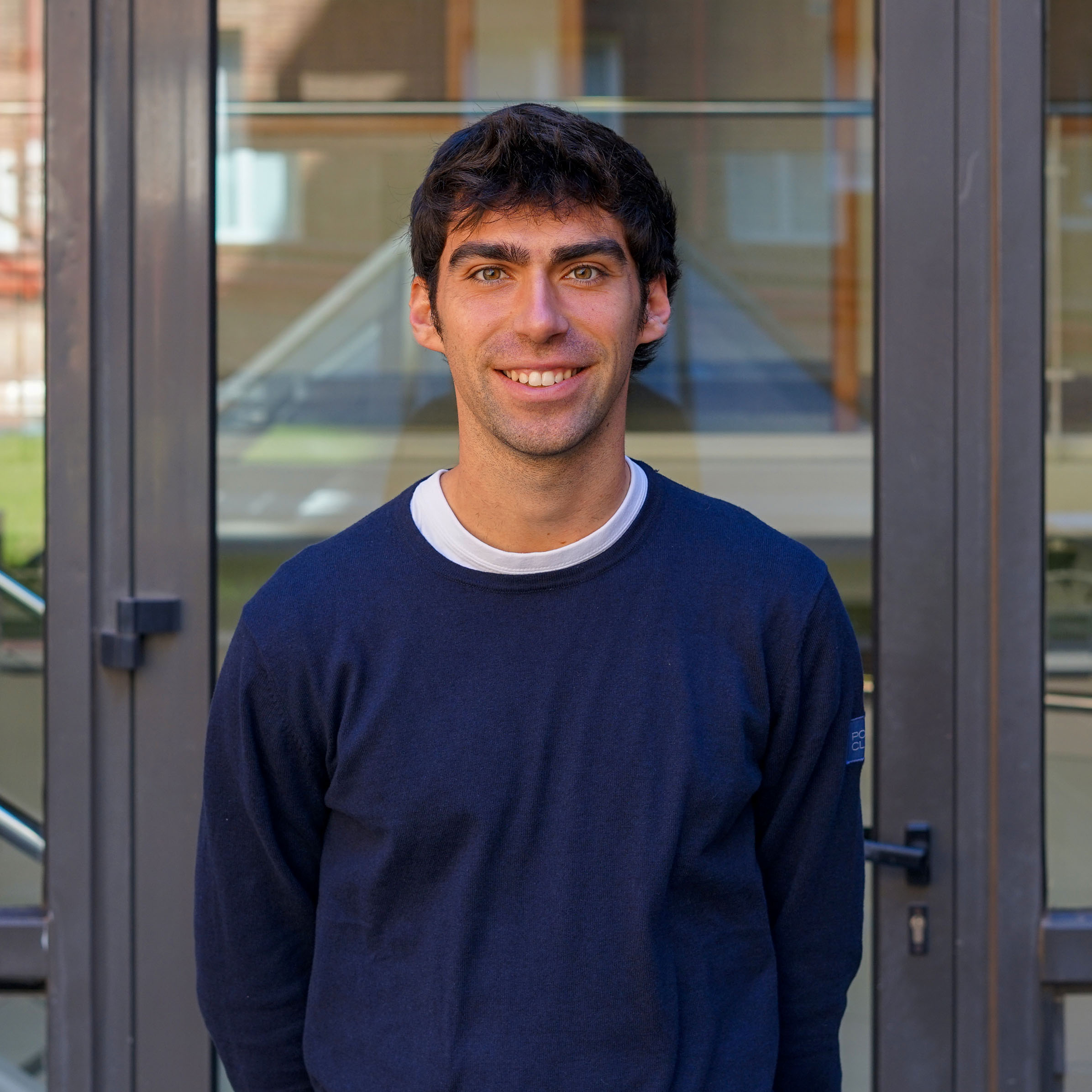
Departments IQS School of Engineering
Organic and Pharmaceutical Chemistry
Presentation
The Department of Organic Chemistry, founded in 1969, has been dedicated throughout its history to the study the chemical, physicochemical and biochemical behavior of organic products as well as the synthesis of new products and the development of new processes. The interest of the department by the pharmaceutical chemistry has led him to promote the creation of a Master’s Degree in Pharmaceutical Chemistry and a Degree in Pharmacy, thus being recently renamed as Department of Organic and Pharmaceutical Chemistry and incorporating pharmacists among its members. The department is composed of the laboratories of Synthesis, Molecular Design, and Spectroscopy.
Teaching Activities
The Department of Organic and Pharmaceutical Chemistry develops its teaching activity in the Bachelor’s Degrees in Chemistry, Chemical Engineering, Pharmacy, Biotechnology and Biomedical Sciences, as well as in the Master’s Degree in Pharmaceutical Chemistry. In all of them he teaches about the fundamental and structural aspects of organic compounds, as well as their synthesis and reactivity. Teaching tasks related to the pharmaceutical dimension of chemistry are also carried out, including computational design, synthesis and industrial-scale production of new drugs.
Thanks to its pharmaceutical dimension, the department is also responsible for teaching in the areas of Pharmaceutical Technology (design of pharmaceutical/cosmetic forms), Pharmacognosy and Registration and Management in the pharmaceutical industry.
The department dynamizes the service of Structural Spectroscopic Determination, which includes the new IQS-JEOL Platform for Nuclear Magnetic Resonance (NMR). As part of its research activity, the faculty of the department actively collaborates with other national and international teams at academic, industrial and clinical level.
Research
The research lines are included in the Areas of Organic and Pharmaceutical Chemistry:
- Design, synthesis and biological evaluation of new compounds with potential biological activity in cell signaling, HIV (AIDS) and HCV (hepatitis C).
- Design, synthesis and biological evaluation of new compounds with potential activity against myotonic dystrophy.
- Molecular design: computational chemistry and chemoinformatics applied to drug design.
- Porphyrinoid pyrrole compounds with pharmacological activity and for the detection of relevant biological species.
- Mesoporous silica nanoparticles as nanocarriers for sensor and drugs.
- Development of synthetic methodologies for the preparation of biologically active compounds.
Head of department
Profesorado
Do you want to see more departments?











